If we’re talking about successful and controversial figures in African music today, Burna Boy just might top that list. Burna has been unstoppable the last few years: topping charts, winning numerous awards and being praised for his innovative fusion of Afrobeats, dancehall, and reggae. His music has been streamed billions of times, and he has the highest streams of any Nigerian artist. The man’s basically the streaming king of Nigeria.
Burna Boy, born Damini Ogulu in Port Harcourt, Nigeria in 1991, began his music career in the early 2010s, with his first major breakthrough coming with the release of his 2012 album, L.I.F.E. An outstanding critical and commercial success, L.I.F.E. helped to establish Burna Boy as one of the leading figures in the new wave of Afrobeats. Burna has had to fight his way to the top of the Nigerian music industry, and we daresay that he’s won.
In the years that followed, Burna Boy’s career continued to grow. He proved his mettle with the release of several more successful albums, including Outside (2018) and African Giant (2019). These albums were like anthems with incredible replay value and the audience could not get enough of them. With his growing success, he toured extensively around the world, breaking barriers and becoming a popular figure, if not a household name, in the international music scene. By 2022, he had won the Grammy Award for Best Global Music Album for “Twice as Tall,” an album executive produced by P. Diddy (aka Brother Love) and Burna’s mum, Bose Ogulu. Talk about the big leagues! This was a monumental accomplishment not only for him but for the entire African music industry. His success has paved the way for other African artists to gain international recognition and respect.
Burna’s music isn’t just ear candy; it’s got depth. His music is a heady cocktail of Afrobeats, reggae, dancehall, and hip hop – shaken not stirred – with a garnish of catchy melodies, smooth wordplay, and socially conscious lyrics. Burna Boy’s vocals are also powerful and soulful, with a unique ability to convey emotion through his singing. His live performances are lit! Energetic and engaging, he is a true showman who knows how to get the crowd going. Seeing him live is truly an experience. Both critics and fans alike have praised Burna Boy’s music, and he has been credited with helping to popularize Afrobeats around the world. Burna is hardworking and wholly committed to his art, and it is evident in everything he does. He’s got a work ethic like a one-man music factory.
One of the most successful African artists of all time, Burna’s music has helped to popularize Afrobeats around the world. He has helped to introduce African music and culture to a wider audience; his songs often feature traditional African instruments and sounds, and he regularly collaborates with other African artists. His music has also helped change the perception of African music around the world, showing that African music is not just party music, but that it can also be used to address social and political issues. In addition to this, he proudly showcases his Nigerian heritage and celebrates African identity, cultivating a sense of pride and unity amongst his audience. He’s also the first Nigerian to headline a concert at Madison Square Garden.
However, despite his incredible success, Burna Boy has been involved in controversy upon controversy. The guy’s like a magnet for it. Last week, Burna released a new album “I Told Them” which has predictably gotten millions of streams in just a few days. However, what really has people talking is not so much the catchy tunes on the album, but his recent statements in an Apple Music interview where he called Afrobeats’ substance into question. He basically put Afrobeats’ substance on trial, saying a lot of it was just… well, fluff.
“…that’s why you hear most Nigerian music, African Music, or Afrobeats, as you people call it, is mostly about nothing, absolutely nothing. There is no substance to it, like nobody is talking about anything. It’s just a great time. But at the end of the day, life isn’t an amazing time.” Yikes.
You see, Burna Boy has always been a controversial figure, especially around the time of whatever album he has in mind to promote. It’s just one of his usual tactics to grab attention, and fans are mostly used to it by now. He has made many controversial statements in the past that might have been annoying but never seemed to faze people much; however, this time seems to hit a little differently. He inadvertently rubbished a whole movement that he is actively still a part of, and that he has profited off for more than a decade, in an attempt to set himself apart from his peers. Talk about being thrown under the bus!
But let’s hit pause and zoom out for a second. Navigating through Burna Boy’s career requires a balanced lens, as it would be disingenuous to highlight his positive contributions over his negative behaviours, and vice versa. Yes, his accomplishments are undeniable, from historic exploits to shifting the spotlight onto African music; however, his outspokenness has many times rubbed people the wrong way. Engaging with the criticisms, it’s clear that Burna Boy’s approach isn’t universally embraced. While he has unapologetically pushed boundaries which many people appreciate and respect, others view his behaviour as reckless or disrespectful.
Burna Boy has always courted controversy with his comments and actions. His dance with controversy started even before his controversial ‘tribute’ appearance at the 2013 Felabration which pissed off the late Afrobeats legend’s family. In 2010, he was arrested and sent to a UK jail for gang-related stabbing that led to someone’s death. In the years following, he has sent thugs to rob and attack a fellow artist, flashed firearms online, allegedly been involved in a Lagos club shooting and then fled the country afterwards, insulted waiting fans at a Lagos concert, insulted Afrobeats, insulted his peers, insulted African Americans, insulted interviewers, insulted bloggers… It’s an endless list of bad behaviour. All you have to do is Google “Burna Boy threatens” or “Burna Boy said” and you will be led down a rabbit hole of uninspiring behaviour.
Even Fela’s family, the ones who should be all about celebrating him, have distanced themselves. Fela’s youngest son, Seun – who’s got a Grammy nod of his own and is now the leader of Fela’s old Egypt 80 band – hasn’t been shy about his disapproval of artists who ride the Fela wave but act against his beliefs. “I think a lot of them grow up in Christian and Muslim homes but use Fela as an excuse to smoke and chase girls. And also using Fela as a reason to be reckless and rude…” Seun didn’t mention names, but the hints are there – *cough cough* Burna Boy.
Although Burna has apologized for many of his goofs, controversy relentlessly dogs him. He has continued to be accused of everything from condescending arrogance and egotism, to violence and fake activism. He has dragged everyone from his colleagues to the whole of Africa and beyond, and still goes on to ask if the reception from Nigerians is the thanks he gets for all his hard work. This man is now the face of African music – or Afro Fusion as he prefers to call it – in an incredible transformation. Perhaps we can compare Burna Boy to his American contemporaries like Kanye West and Chris Brown who are often in the midst of controversy. Could controversy be an inevitable result of the fame and frenzy? Or is Burna fighting demons that he is unable to keep in check?
Even with his fans, Burna Boy has a love-hate relationship. He will drag them in the same way that he expresses his appreciation for them. However, love him or hate him, fans are drawn to his music, his charisma, and his outspokenness. They appreciate his no-fucks-given nature, as well as his willingness to speak out on serious societal issues when few others do, especially given the huge platform that he has. Burna has consistently addressed topics such as police brutality, corruption, and the challenges faced by young people through his music and public statements. His songs like “20 10 20” and “Monsters You Made” tackle socio-political issues and highlight his commitment to sparking conversations and driving positive change. He has also used his music to promote peace and unity.
Burna Boy also gives back to his community and has a strong philanthropic streak. In 2020, he launched PROJECTPROTECT, “an initiative set up to provide financial, medical and legal resources during and after #ENDSARS protests.” He has also performed at the Global Citizen Festival which supports the Demand Equity campaign.
With all of this in mind, we just have to ask: who is the real Burna Boy? Is he a talented musician who is making a positive impact on African music, or is he a self-absorbed celebrity who is more interested in having more fame and fortune than everyone else? What is Burna Boy’s true impact on African music and will his aggressive behaviour and reckless speech affect his career in the long run? It is still too early to say for sure. Despite the controversies, Burna Boy remains one of the most popular and influential African artists of his generation. His skill and talent are undeniable, and his controversies do little to detract from this fact. There is no doubt that Burna Boy has helped and continues to help raise the profile of Afrobeats on the global stage. He has inspired his peers and a new generation of African musicians to experiment with different sounds and styles, evolving from the ‘kpangolo’ sound that was prominent in Nigerian music at the time of Burna’s rise to fame. His legacy will be debated for years to come, but there is no doubt that he has left a lasting mark on African music.
Burna Boy is and has always been a complex and controversial figure. He is arrogant and outspoken, but he is also talented and innovative. He is a product of his environment, and he reflects the many contradictions of modern Nigeria. One thing’s clear, though: Burna Boy is a force to be reckoned with. He’s a bit of a puzzle – the hits, the controversies, the charisma – and maybe that’s the point. He’s not just about making hits and headlines; he’s about sparking conversations, shaking things up, and staying true to himself, even when it raises eyebrows. To be fair, navigating fame, social responsibility, and personal growth isn’t a linear path, and only time will tell what Burna true legacy will be. So, whether you’re Team Burna or just intrigued by the noise, one thing’s for sure: he is one of the most influential figures in African music today.


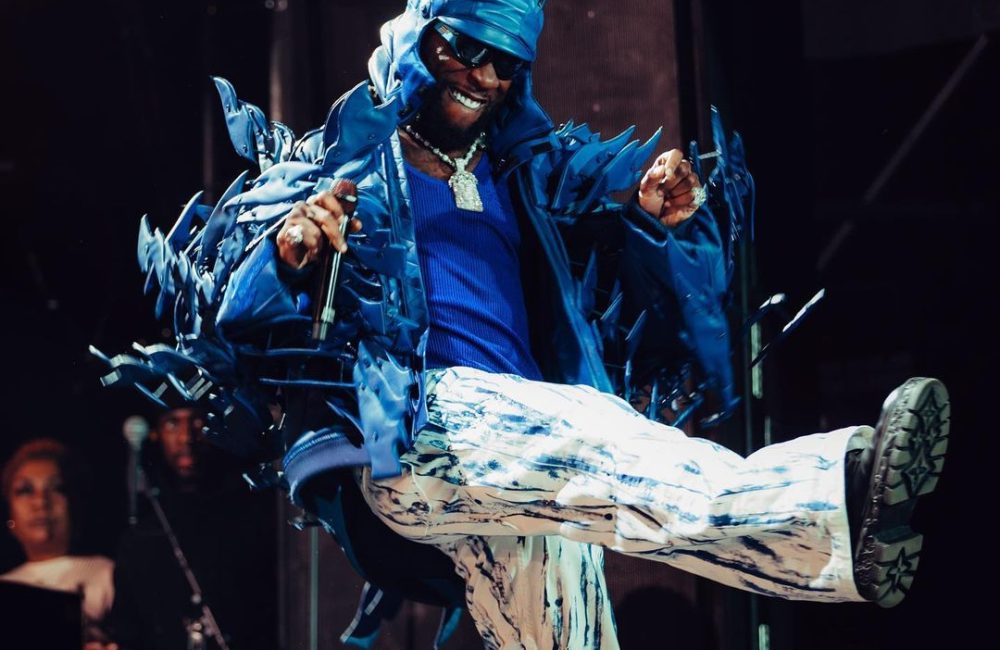
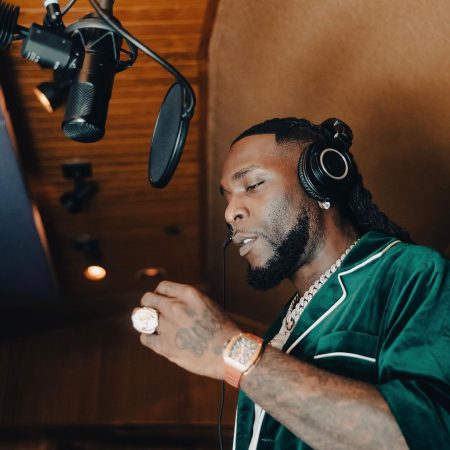
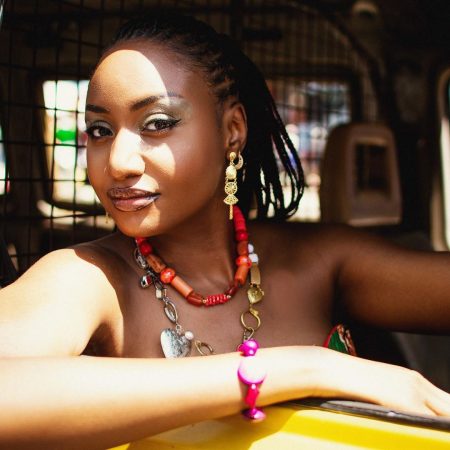



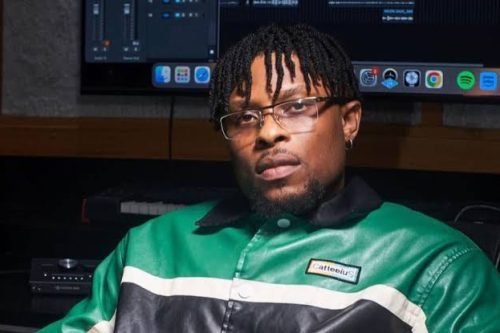
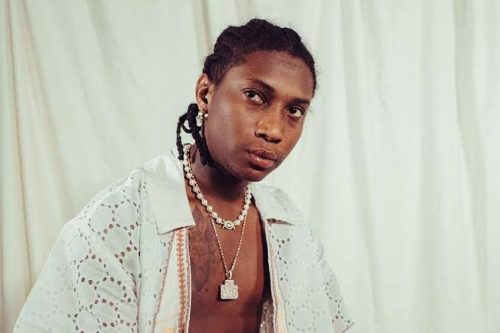
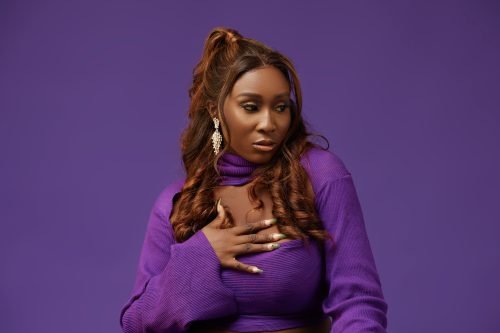
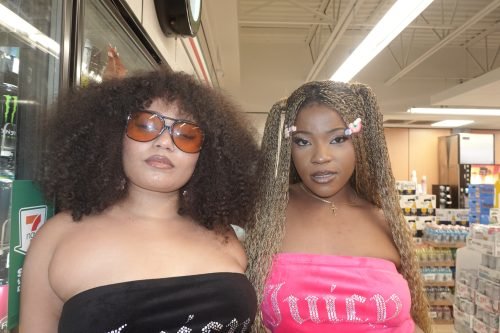
Leave a Reply